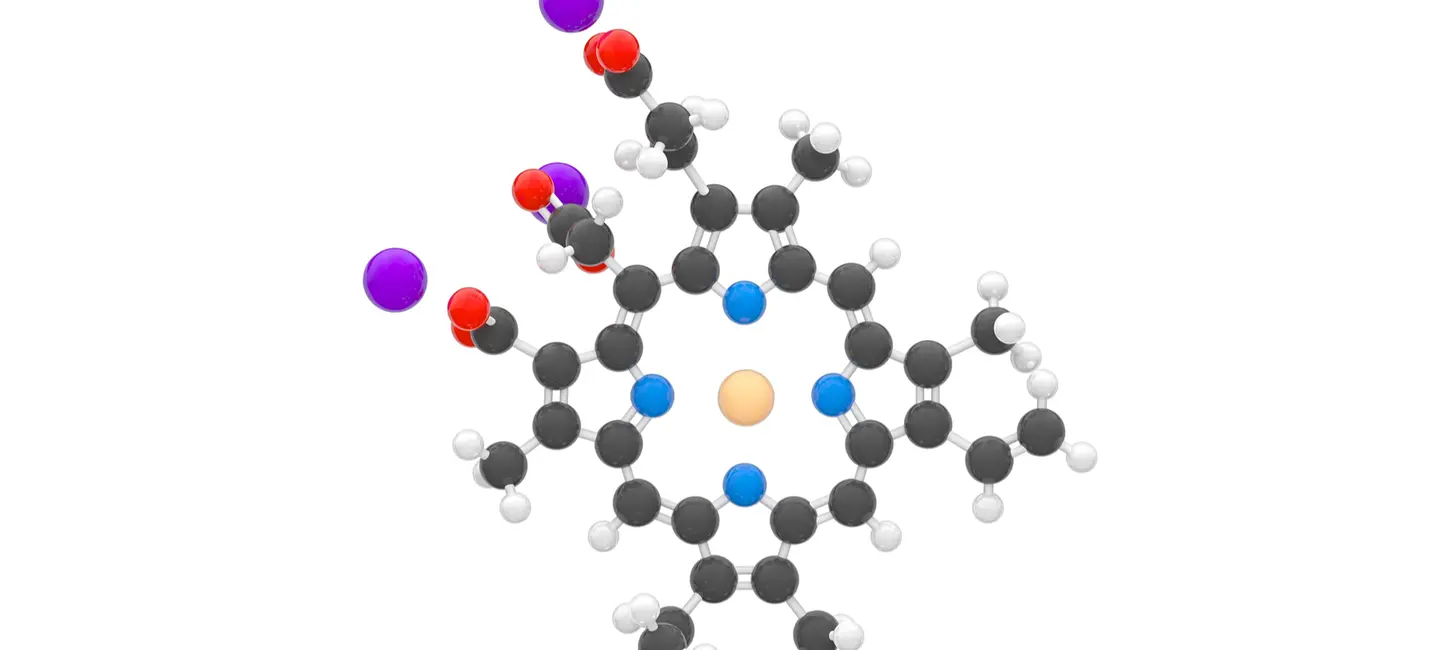
Chlorophyllin is a chemical that is made from chlorophyll. It is sometimes used as medicine. Due to its green color, it is also used as a coloring for foods.
Chlorophyllin seems to have antioxidant and anti-inflammatory effects. It might also stop the body from absorbing certain chemicals that can increase a person's risk for cancer.
Some people use chlorophyllin for body odor, urinary odor, reducing the smell of bowel movements, bad breath, cancer, acne, and skin wrinkles from sun damage, but there is no good scientific evidence to support these uses.
Is It Effective?
NatMed Pro rates effectiveness based on scientific evidence according to the following scale: Effective, Likely Effective, Possibly Effective, Possibly Ineffective, Likely Ineffective, Ineffective, and Insufficient Evidence to Rate.
- Urinary odor. Research shows that taking chlorophyllin by mouth doesn't reduce urinary odor in older adults who have a urinary catheter.
There is interest in using chlorophyllin for a number of other purposes, but there isn't enough reliable information to say whether it might be helpful.
Is it Safe?
When taken by mouth: Chlorophyllin is commonly used in small amounts as a coloring agent in foods. When used in larger doses as medicine, chlorophyllin is possibly safe when taken for up to 3 months. It might make the skin more sensitive to the sun.
There isn't enough reliable information to know if chlorophyllin is safe to use for longer than 3 months. Chlorophyllin contains copper, which can cause serious adverse effects when taken in high doses for an extended period of time.
When applied to the skin: There isn't enough reliable information to know if chlorophyllin is safe. It might make the skin more sensitive to the sun.
Special Precautions & Warnings:
Pregnancy and breast-feeding: There isn't enough reliable information to know if chlorophyllin is safe to use when pregnant or breast-feeding. Stay on the safe side and avoid use.
Children: There isn't enough reliable information to know if chlorophyllin is safe or what the side effects might be. However, chlorophyllin supplements contain copper. Consuming high doses of copper for an extended period of time can cause serious adverse effects. Use with caution.
Medications that increase sensitivity to sunlight (Photosensitizing drugs)
Interaction Rating=Moderate Be cautious with this combination.
Some medications might make the skin more sensitive to sunlight. Chlorophyllin might also make the skin more sensitive to sunlight. Using these products together might increase the risk of sunburn, blistering, or rashes when the skin is exposed to sunlight. Be sure to wear sunblock and protective clothing when spending time in the sun.
Herbs that might increase sensitivity to sunlight: Chlorophyllin might make the skin more sensitive to sunlight. Using it with other products that also make the skin more sensitive to the sun might increase the risk for sunburn and other side effects. Examples of supplements with this effect include bishop's weed, khella, and St. John's wort.
There are no known interactions with foods.
There isn't enough reliable information to know what an appropriate dose of chlorophyllin might be. Keep in mind that natural products are not always necessarily safe and dosages can be important. Be sure to follow relevant directions on product labels and consult a healthcare professional before using.
Chlorophylline, Chlorophylline de Cuivre Sodique, Chlorophylline de Sodium et Cuivre, Clorofilina, Sel Cuprique de la Chlorophylle, Sodium Copper Chlorophyll, Sodium Copper Chlorophyllin.
Information on this website is for informational use only and is not intended to replace professional medical advice, diagnosis, or treatment. While evidence-based, it is not guaranteed to be error-free and is not intended to meet any particular user’s needs or requirements or to cover all possible uses, safety concerns, interactions, outcomes, or adverse effects. Always check with your doctor or other medical professional before making healthcare decisions (including taking any medication) and do not delay or disregard seeking medical advice or treatment based on any information displayed on this website.
© TRC Healthcare 2024. All rights reserved. Use and/or distribution is permitted only pursuant to a valid license or other permission from TRC Healthcare.
